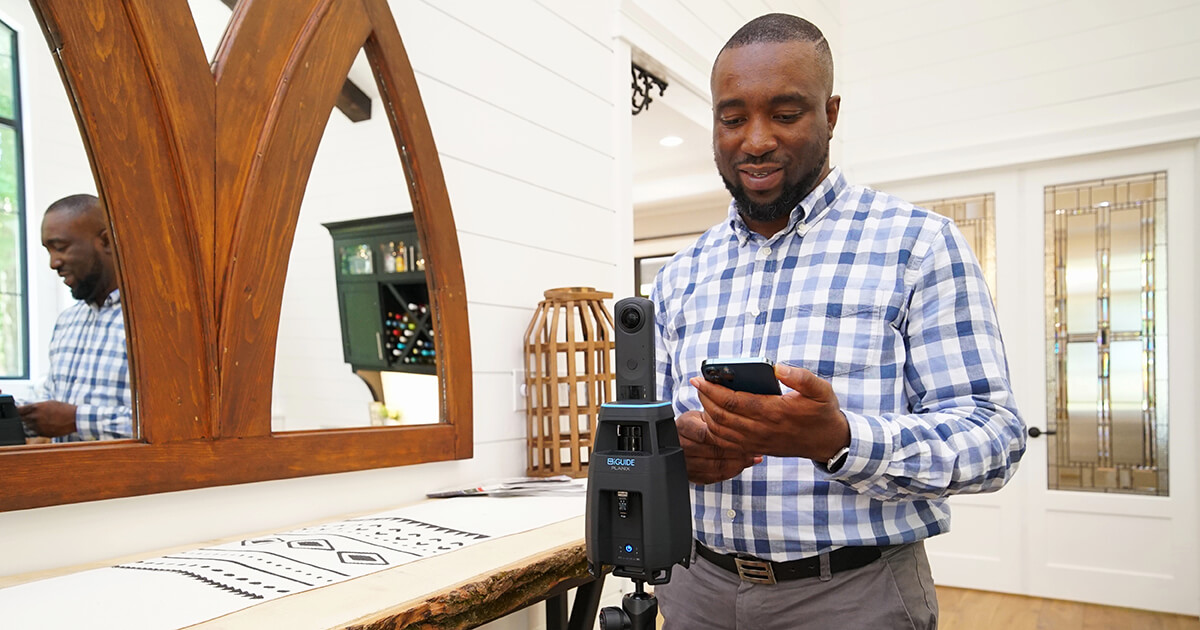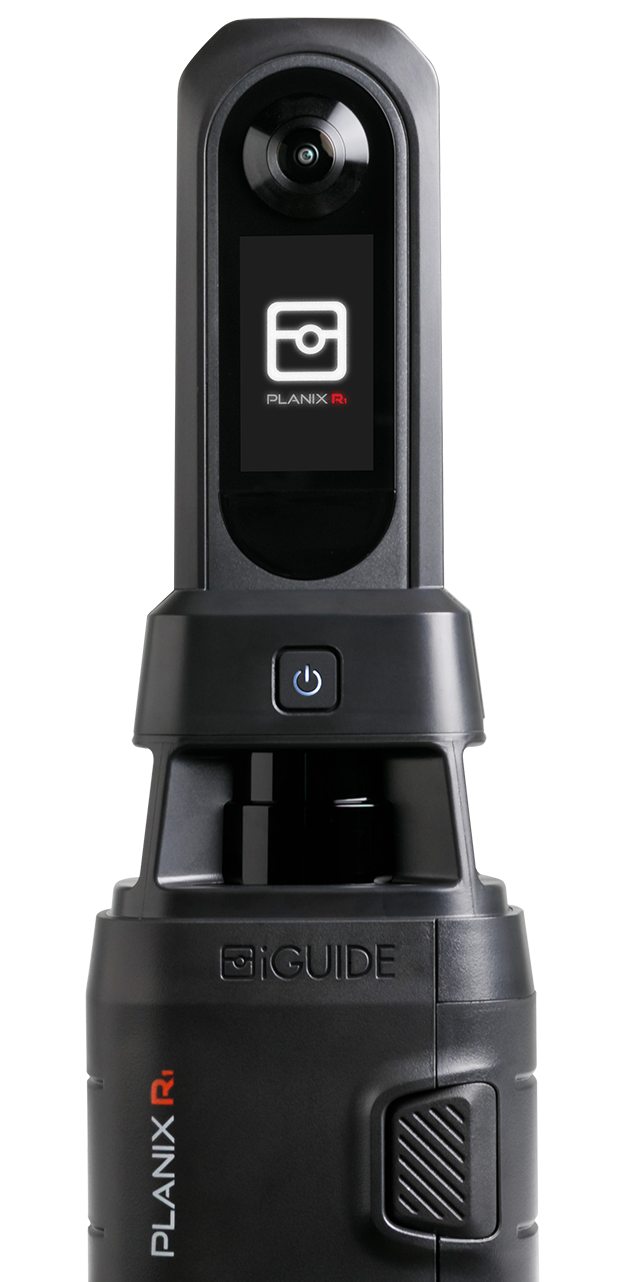Here are 6 key factors to consider when choosing a real estate photographer.
1. Portfolio quality
When evaluating potential real estate photographers, carefully examine their portfolio. Look for high-quality images that highlight the property’s most appealing features. A diverse portfolio showcasing different property types and styles is also indicative of a photographer’s versatility and expertise.
Here’s what to keep in mind when evaluating a potential photographer’s portfolio:
- Consistency: Look for consistent quality throughout their work. This includes color balance, sharpness and composition. You want to ensure that they maintain high standards across different properties.
- Variety: A diverse portfolio indicates versatility. Check if they have experience with various property types, from residential homes to commercial spaces. This adaptability can be a valuable asset.
- Attention to detail: Zoom in on the details. Are the images well-framed, capturing essential features of the property? Quality photographers pay attention to details and make sure every shot counts.
- Lighting: Proper lighting is crucial in real estate photography. Assess how they handle different lighting conditions, especially when shooting interiors. You want a photographer who can balance natural and artificial light effectively.
- Editing skills: Post-processing can enhance photos, but it should be subtle. Ensure they don’t over-process images to the point where they look unrealistic. Good editing should refine, not redefine, the property.
Questions to ask:
- Can you provide examples of your recent real estate photography projects?
- Do you have experience with properties similar to mine (e.g., size, style)?
- What’s your approach to editing real estate photos?
- Can I see before-and-after samples of your editing work?
- What sets you apart from other real estate photographers?
2. Understanding of lighting and composition
A skilled real estate photographer should demonstrate a keen understanding of lighting and composition. The ability to capture natural light, create inviting interior shots and showcase exterior features effectively is essential for producing compelling real estate imagery.
Look for a photographer who understands how to shoot the type of properties you’re focused on listing.
- Residential Photography: For homes and apartments, the focus is on capturing inviting, lived-in spaces. An experienced residential photographer knows how to highlight cozy corners, well-lit bedrooms and inviting kitchens.
- Commercial Photography: Commercial properties, such as offices and retail spaces, require a different approach. A photographer should emphasize spaciousness, functionality and professional aesthetics.
- Architectural Photography: When it comes to architectural photography, the photographer should excel at showcasing the design and structure of buildings. This includes capturing angles, lines and details that define the property.
Questions to ask:
- How do you handle challenging lighting situations?
- Do you have the equipment to accommodate small spaces?
- How do you approach lighting for interior and exterior shots?
3. Equipment and technology
Inquire about the photographer’s equipment and the technology they use. A professional photographer should have high-quality cameras, lenses and equipment suitable for real estate photography. They should also be proficient in editing software and 3D virtual tour and floor plan technology such as iGUIDE.
Questions to ask:
- What camera and equipment do you use for real estate photography?
- Can you explain your editing process and software used?
- What is the typical resolution of the images you provide?
- Are you experienced in HDR photography?
- What type of 3D virtual tour and floor plan do you provide? How accurate are they?
4. Turnaround time and flexibility
Time is often of the essence in real estate, so it’s crucial to discuss the photographer’s turnaround time for delivering the final images, virtual tour and floor plan. Flexibility in scheduling photo shoots and accommodating last-minute requests is also important. Especially in a fast-paced market.
- What is your typical timeline for delivering edited photos?
- How much notice do you need for an appointment?
- What hours are you available?
- Do you use cloud hosting or are files delivered on a hard drive/USB?
5. Understanding of real estate marketing
A photographer who understands the real estate industry and marketing trends can be an invaluable partner. Look for someone who comprehends the significance of visually compelling imagery in selling properties and is willing to collaborate on achieving your marketing goals.
Questions to ask:
- Can you provide examples of your work for different property types?
- How do you adapt your photography style for residential, commercial or architectural properties?
- What features would you highlight? For commercial? Residential?
6. Cost and value
While cost is a factor, it’s essential to weigh it against the value provided. Evaluate the photographer’s pricing structure in relation to the quality of their work, the services offered and the potential impact on your property listings.
Questions to ask:
- What is Your Pricing Structure?
- Is there flexibility in your packages?
- What are your payment terms?
- Do You Have Liability Insurance?
Bonus: Client references and reviews
Request references from past clients or seek out online reviews of the photographer’s services. Hearing about other REALTORS® experiences can provide valuable insight into the photographer’s professionalism, reliability and customer satisfaction.
Ready to get started? Our iGUIDE Service Provider map makes finding a qualified real estate photographer in your area easy.
Download our free eBook:
7 Extra revenue streams with iGUIDE


